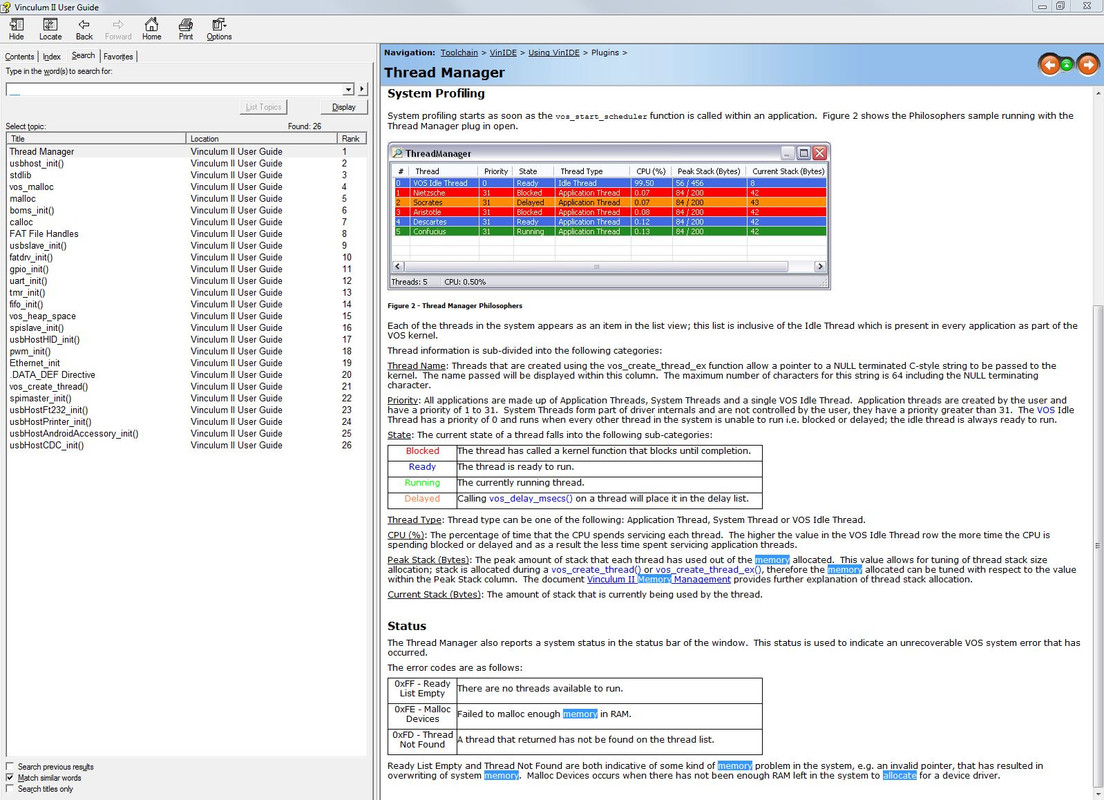766
Discussion - Software / Re: something about FT232H in 245 FIFO mode
« on: September 03, 2018, 04:35:39 PM »
Hello,
Please see some simple Visual Basic examples here:
http://www.ftdichip.com/Support/SoftwareExamples/CodeExamples/VB.htm
We have not encountered this particular issue before, maybe someone else in this community will help if they have seen this issue before.
You may also be interested in TN_167 FTDI FIFO Basics.
Best Regards,
FTDI Community
Please see some simple Visual Basic examples here:
http://www.ftdichip.com/Support/SoftwareExamples/CodeExamples/VB.htm
We have not encountered this particular issue before, maybe someone else in this community will help if they have seen this issue before.
You may also be interested in TN_167 FTDI FIFO Basics.
Best Regards,
FTDI Community



